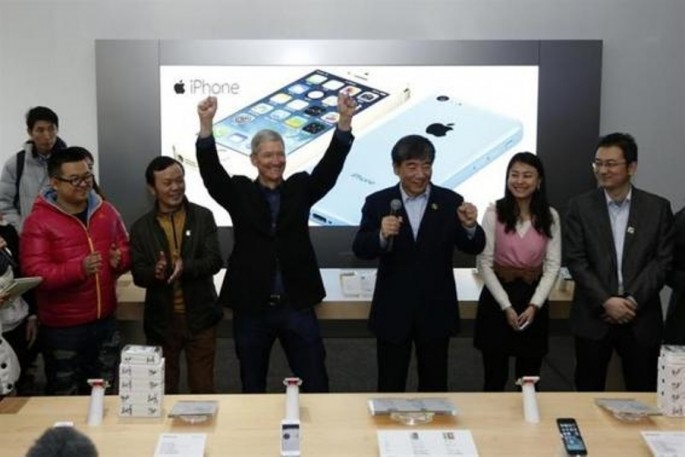Smartphone boom days in China may be over since even Apple Inc. is struggling with a slowing economy and investor friend Xiaomi Inc. fights hard to perform amid increased competition in low-margin smartphones.
Apple, on Tuesday, Jan. 26, reported the slowest increase in iPhone shipments in history as the Chinese market weakened. According to China Technology News, the decline in the second largest economy in the world is on the verge of hamstringing consumption across the country.
Reportedly, Xiaomi is under threat after missing targets for $1 billion in Internet service revenue besides phone sales in 2016. The company is China's most valuable start-up pegged at $45 billion.
China's once booming smartphone market is saturated amid the slowest economic growth. For companies with commoditized and less profitable products, it does not imply the years of easy growth are gone, but it could mean a struggle to keep their heads above water.
Bryan Ma, An analyst at IDC, a firm that predicted China's smartphone market would grow at 1-2 percent this year, said: "The large growth rates that we saw in years past are definitely much different now. In theory it could slip below zero this year, but either way, it's relatively flat."
An internal document review by Reuters revealed that Xiaomi's Internet services revenue increased by 150 percent to 3.71 billion yuan in 2015 from 1.48 billion yuan in 2014. However, Xiaomi declined commenting on its 2015 revenue.
The Beijing-based company is working hard to counter the slowdown in the world's largest smartphone market by persuading handset buyers to purchase Internet services besides opening more stores in China's less affluent cities. The firm has seen rapid growth since its establishment in 2010, although the valuation is questionable based on the struggle to sustain its previous growth surge.
In 2015, the company missed its worldwide shipment target by 12 percent, selling 70 million handsets. On the contrary, local competitors like Lenovo Group Ltd. and Huawei Technology Co. Ltd. countered locally with the same Internet-only gadget sales campaigns.



























